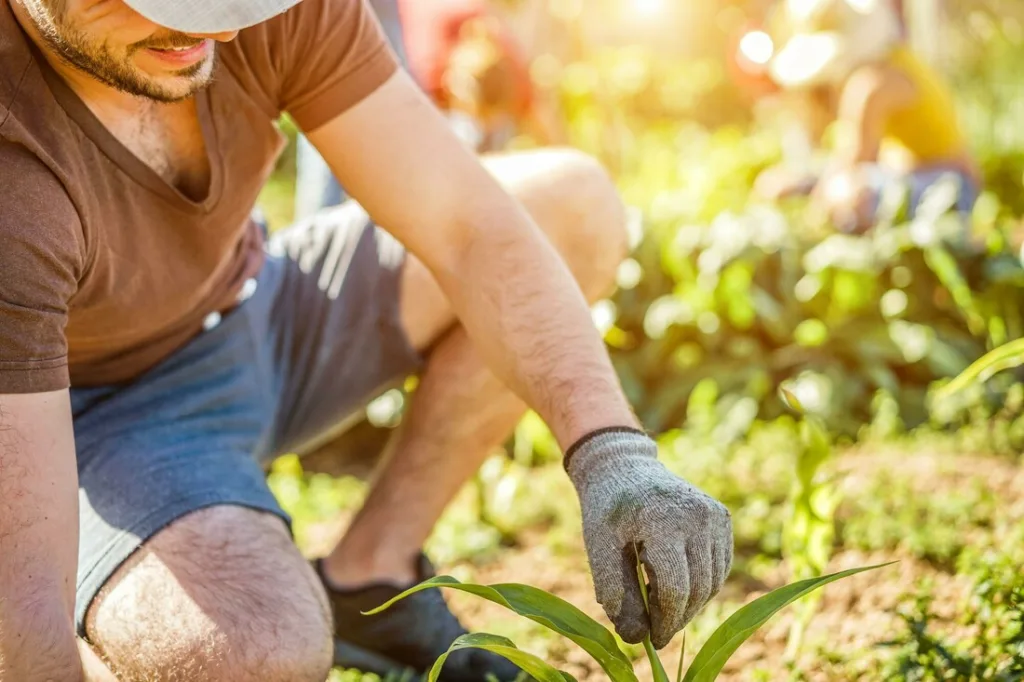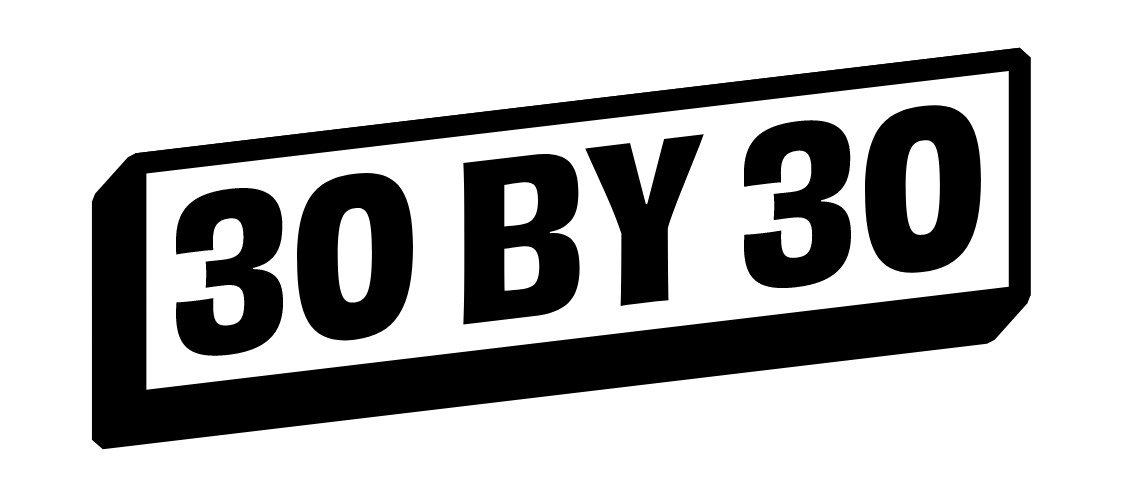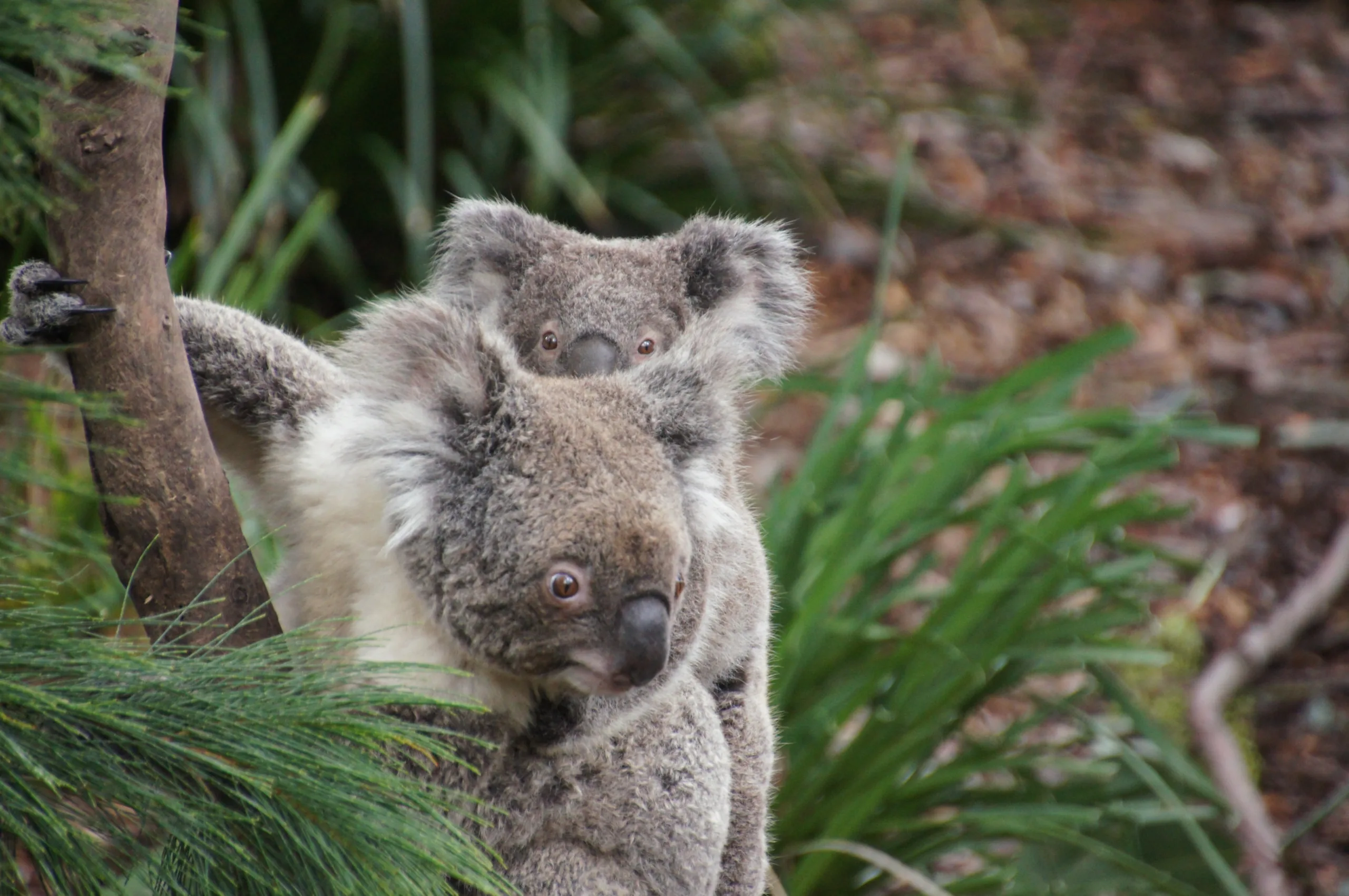Australia is facing a nature crisis. The most recent State of the Environment report paints a sobering picture:
- We lead the world in mammal extinctions and are the only developed country listed as a deforestation hotspot.
- Nineteen of our unique ecosystems, including coastal mangroves, native forests, and woodlands, are showing signs of collapse.
- Habitat loss, invasive species, and climate change are largely to blame.
The situation is dire, but we can turn things around if we invest in nature now.
Current government spending on nature is just 0.1%
Recent analysis by Cyan Ventures reveals federal spending on biodiversity is just 0.1% of total expenditure. That’s just one dollar for every thousand dollars of tax you pay going towards protecting our precious animals and ecosystems.
Compare this to the nearly 12 billion dollars the federal government spends annually subsidizing the fossil fuel industry – 16 times more than what is invested in safeguarding nature.
At least 1% for nature
We’re calling on the federal government to commit at least 1% of its total spending to protect Australia’s nature. This might sound like a small ask, but it would be a significant increase from the current spend and would make a huge difference.
It would mean a future where we still hear the Aussie birdsong, where we maintain our way of life, and where iconic animals like koalas and platypus are bouncing back in numbers.
The question isn’t whether we can afford it, but rather, can we afford not to?
The bigger picture
Nature is more than just beautiful landscapes and unique wildlife; it underpins our health, economy, and way of life. Investing in nature means investing in our future.
Healthy ecosystems provide clean water, fertile soil, and pollination for our crops. They support industries like tourism and agriculture, which are vital to our economy.
The Australian Conservation Foundation estimates that 49% of our GDP depends on nature. That’s nearly half of our economy relying on the health of our environment!

People and wildlife rely on healthy nature and ecosystems to thrive.
The Biodiversity Council’s poll shows that three-quarters of Australians support allocating at least 2% of the federal budget to protecting nature, demonstrating widespread public backing for this initiative.
where will the money come from?
Redirecting subsidies from the fossil fuel industry to conservation efforts would be a great start. Right now, the federal government is subsiding the fossil fuel industry almost $12B a year, or 16 times as much as what currently goes to protecting nature.
By prioritizing nature, we can protect our environment, support our economy, and ensure a sustainable future for generations to come.
Where will the money go?
Australia has the people, the skills and the science to solve the environmental problems we face. We have great programs already in place or ready to go that just needs more resourcing.
Practical solutions to Australia’s nature crisis include:
- Supporting First Nations People to expand programs like the Indigenous Rangers Program and the Indigenous Protected Areas program.
- Establishing a Land Acquisition Fund to help us meet our international 30 by 30 commitments by protecting more land.
- Supporting farmers and pastoralists by providing incentives for conservation on private lands.
- Scaling up programs to control invasive species and the damage they cause.
- Increasing funding for regional Natural Resource Management groups.
- Establishing an Environmental Protection Agency that has the resources and authority to enforce environmental laws.
Australia has the knowledge, science, and people to solve our environmental problems. What’s missing is the funding. By committing to at least 1% of federal spending on nature, we can turn the tide and nature is healthy and vibrant for our kids and grandkids.
Sign the petition to Environment Minister Plibersek today: demand a fair go for nature.


